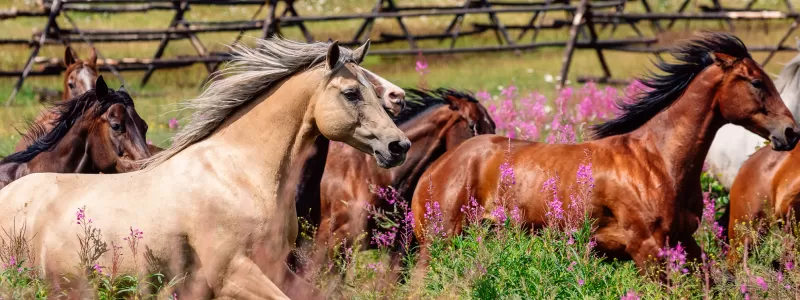Synergy, Stewardship & Sustainability at Siwash Lake
Taking care of the planet is our guiding philosophy at Siwash Lake Wilderness Resort. While crafting our world-class eco-lodge and luxury guest ranch, our main focus has always been on striving to be true stewards of the land. Since we became guardians for this precious piece of wilderness at Siwash Lake more than thirty years ago, it has been our mantra to stay in harmony with the surrounding environment. We've practiced green tourism for more than two decades.

While drawing inspiration from Nature and the ancestral culture of the area, our luxury resort has grown with the land, not onto it.
We partnered with National Geographic for many years on a mission to promote sustainability through tourism; to help our clients understand the effects of climate change and inspire them to follow in our green footsteps.
Following an extensive sustainability audit, we recently became a Platinum certified business by Green Step Sustainable Tourism.
We are aligned with the United Nations Sustainable Development Goals for 2030, and the UN Declaration on the Rights of Indigenous Peoples.
We have taken the Sustainable Tourism 2030 Pledge and encourage others across Canada, and globally, to commit to measuring and improving their sustainability performance each year between now and 2030.
| |


Environmental Projects
Following the massive Elephant Hill wildfire in 2017, SLWR owners spearheaded development of a not-for-profit, conservation organization. The BC Wildland Ecology Centre Society has a symbiotic relationship with the resort and serves to protect, study, and showcase the fragile eco-system created by the wildfire. The society promotes biodiversity with the objective of reducing negative impacts to soils, riparian areas, cultural values, historic sites and wildlife habitats, while uniting stakeholders and partnering with local Indigenous organizations to preserve cultural and heritage values. BCWEC works in concert with the Secwepemcùl’ecw Restoration and Stewardship Society, which represents the Bonaparte, High Bar, Whispering Pines, and Skeetchestn Indigenous communities. Located at Siwash Lake, on the Wildland Private Nature Reserve, BCWEC performs all of our advocacy work while facilitating positive change for the environment.BCWEC and SLWR were involved with the planting of 130,000 tree seedlings by valued partners on land surrounding the resort in the spring of 2018. In spring of 2020, another 5,500 seedlings were planted on the resort property. After the wildfire, silviculture activities are ongoing in the area, and we are constantly advocating for holistic planting prescriptions. We continue to monitor for invasive species; study the after-effects of wildfire; and protect remaining areas of Refugia and habitat from high impact industry activities, and from excessive off-road motor vehicle use.
SLWR and BCWEC have united to introduce fun, family-focused eco-safaris to help instill climate change awareness and insight for those who set foot in this magical post-wildfire outpost. These high-end eco-experiences feature our flagship wildfire ecology program — the Fire Ecology Hike™.


















